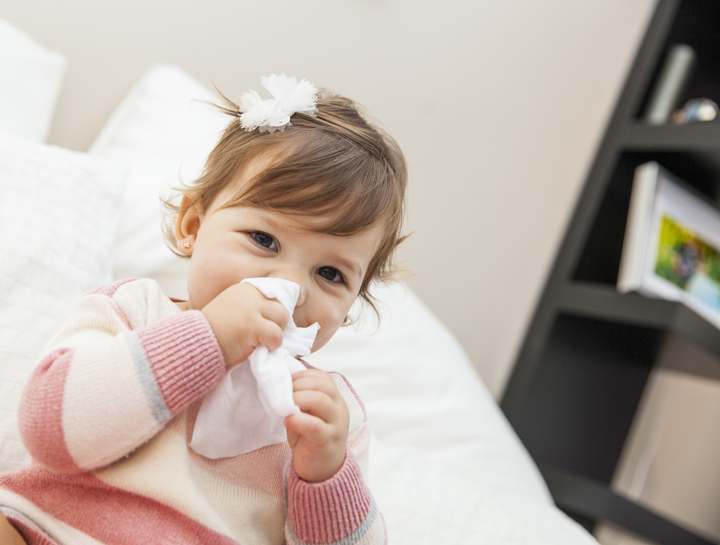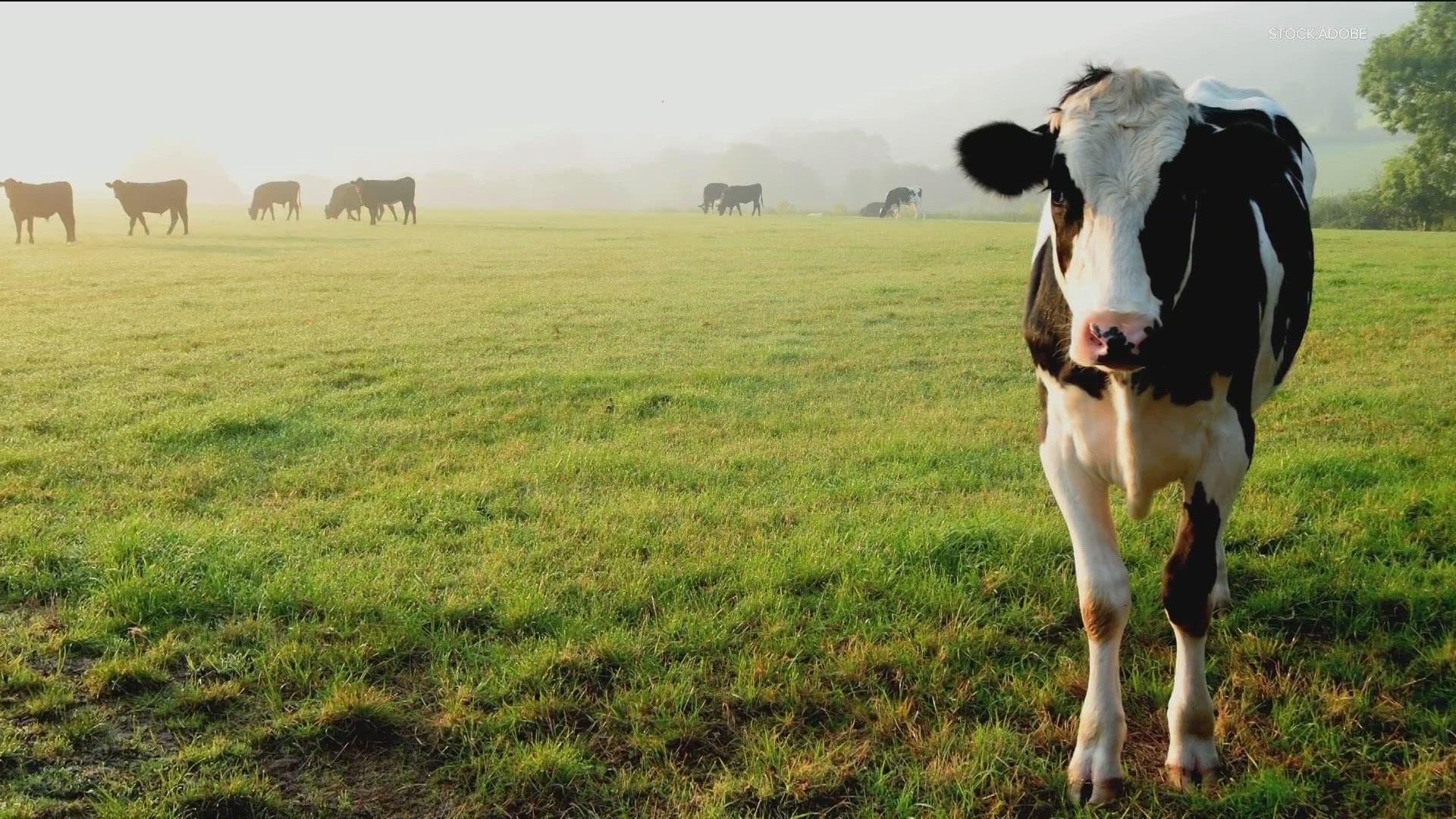“U.S. Urges State Preparedness for Avian Flu Testing: What Measures is Canada Taking?”

As the United States issues a call for comprehensive nationwide plans to swiftly test and treat humans during a potential outbreak of bird flu, Canada asserts that it has similar measures in place to monitor and detect the virus.
Following a directive from officials at the U.S. Centers for Disease Control earlier this week, urging health officials across the country to prepare, actions akin to those being undertaken by Canadian public health officials are reported to be underway here, according to sources from CTVNews.ca.
The U.S. warning came in the wake of the recent diagnosis of an individual with avian influenza, commonly referred to as avian flu or H5N1, after contact with presumably infected cows.
Last month, several U.S. agencies jointly issued a news release concerning cases of H5N1 spreading among dairy cattle throughout the United States, including states like Idaho and Michigan, which share borders with Canada.
The Public Health Agency of Canada (PHAC) has indicated that there have been no reports of humans contracting the virus from sources within Canada, although a single fatal case was reported a decade ago in an individual who had traveled to China.
PHAC assured CTVNews.ca on Tuesday that Canada has developed similar plans to those of its U.S. counterparts to address any potential transmission and spread of the virus to humans. The National Microbiology Laboratory in Canada is equipped to rapidly test and detect human cases of bird flu, a capability for which American health teams were instructed to prepare earlier this week.
Anna Maddison, a spokesperson for PHAC, highlighted the establishment of a surveillance system for emerging respiratory diseases, enabling the detection and monitoring of individuals occupationally exposed. This surveillance is conducted in collaboration with provincial and territorial public health teams.
While PHAC officials stress that the risk of avian influenza infecting people in Canada is low, they advise Canadians to avoid contact with any live or dead wildlife. Individuals with regular exposure to infected animals, such as farm workers, veterinarians, hunters, and wildlife workers, are urged to use proper personal protective equipment and practice good hand hygiene.
Addressing concerns about transmission through food, particularly eggs, infectious disease experts have assured Canadians that there is no cause for alarm regarding avian flu, citing Canada’s excellent agricultural surveillance system.




